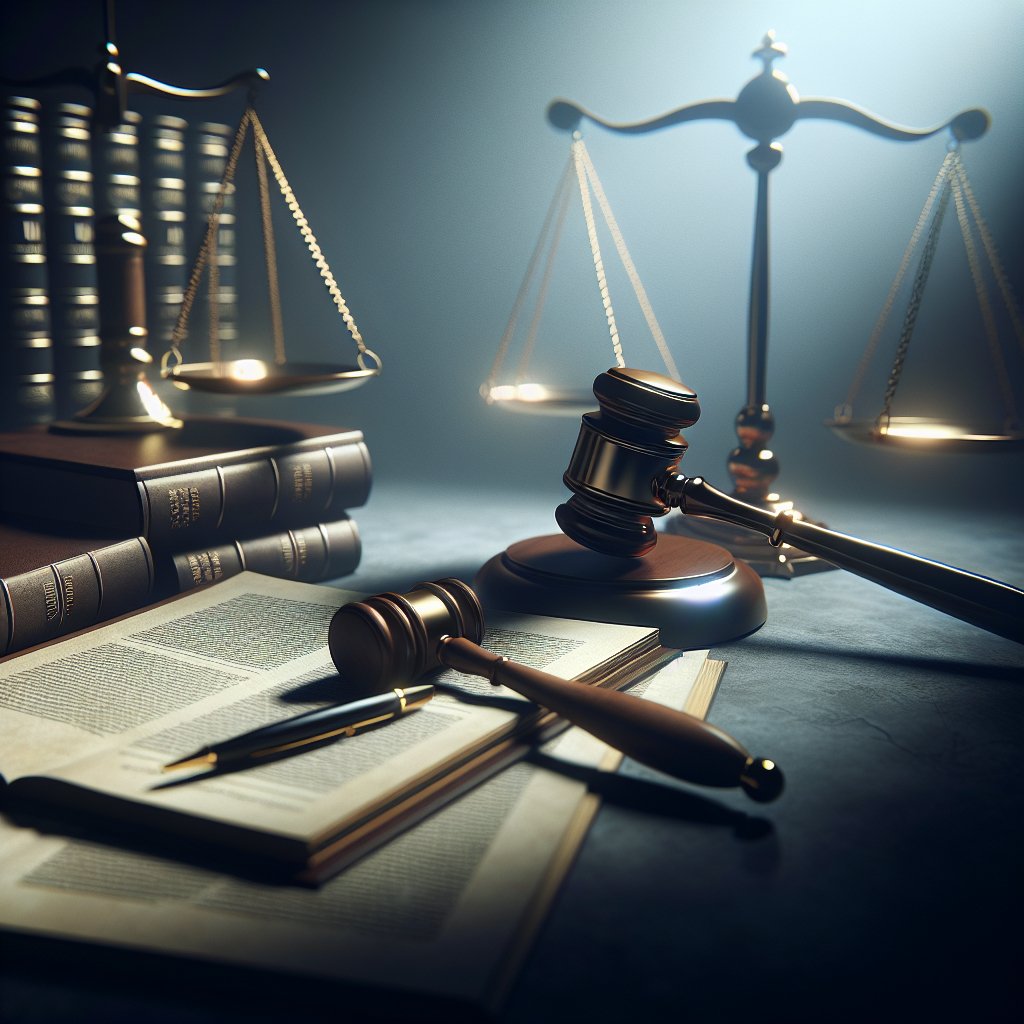Insider trading is a complex and often misunderstood area of law that carries significant legal consequences. This article delves into the intricacies of insider trading, exploring its legal implications and the role of criminal lawyers in navigating these challenging cases.
Understanding Insider Trading
Insider trading refers to the buying or selling of a publicly-traded company’s stock by someone who has non-public, material information about that stock. The legality of insider trading hinges on the nature of the information and how it was obtained. When insiders—such as executives, directors, or employees—trade based on confidential information, it can undermine investor confidence and the integrity of financial markets.
There are two primary types of insider trading: legal and illegal. Legal insider trading occurs when corporate insiders buy or sell stock in their own companies but report their trades to the Securities and Exchange Commission (SEC) as required by law. Illegal insider trading, on the other hand, involves trading based on material, non-public information in violation of a duty of trust or confidence.
The consequences of illegal insider trading can be severe, including hefty fines, disgorgement of profits, and imprisonment. The SEC and the Department of Justice (DOJ) are the primary agencies responsible for investigating and prosecuting insider trading violations. These agencies have broad powers to enforce securities laws and often work together to bring civil and criminal charges against violators.
The Role of Criminal Lawyers in Insider Trading Cases
Criminal lawyers play a crucial role in defending individuals accused of insider trading. These cases often involve complex financial transactions and require a deep understanding of securities law and regulations. A skilled criminal lawyer can help navigate the legal system, protect the rights of the accused, and develop a robust defense strategy.
One of the primary challenges in insider trading cases is the interpretation of what constitutes material, non-public information. Criminal lawyers must scrutinize the evidence presented by the prosecution and challenge any assumptions or inferences that may not be supported by the facts. This often involves working with financial experts to analyze trading patterns and determine whether the accused had access to privileged information.
Another critical aspect of defending insider trading cases is understanding the motivations and actions of the accused. Criminal lawyers must explore whether the accused had a legitimate reason for their trades and whether they acted in good faith. This can involve examining the accused’s role within the company, their access to information, and their trading history.
In addition to defending against criminal charges, criminal lawyers may also represent clients in civil proceedings brought by the SEC. These proceedings can result in significant financial penalties and bans from serving as an officer or director of a public company. A comprehensive defense strategy must address both the criminal and civil aspects of insider trading allegations.
Legal Defenses in Insider Trading Cases
There are several legal defenses that criminal lawyers may employ in insider trading cases. One common defense is the lack of materiality, where the defense argues that the information in question was not significant enough to influence an investor’s decision. Another defense is the absence of a duty of trust or confidence, which challenges the prosecution’s claim that the accused had a legal obligation to keep the information confidential.
Criminal lawyers may also argue that the accused did not act with the requisite intent to commit insider trading. This defense focuses on the accused’s state of mind and whether they knowingly and willfully violated securities laws. Demonstrating a lack of intent can be challenging, but it is a critical component of many insider trading defenses.
Another potential defense is the “mosaic theory,” which posits that the accused pieced together public and non-material information to make informed trading decisions. This defense argues that the accused did not rely on any single piece of non-public information but rather used their expertise and analysis to make investment decisions.
The Impact of Insider Trading on Financial Markets
Insider trading can have a profound impact on financial markets, eroding investor confidence and undermining the principles of fairness and transparency. When insiders trade on non-public information, it creates an uneven playing field where ordinary investors are at a disadvantage. This can lead to a loss of trust in the markets and deter individuals from investing.
The SEC and other regulatory bodies are tasked with maintaining the integrity of financial markets by enforcing securities laws and deterring insider trading. These agencies use a variety of tools, including surveillance, data analysis, and whistleblower programs, to detect and investigate potential violations. The enforcement of insider trading laws is essential to preserving the fairness and efficiency of financial markets.
Despite the efforts of regulators, insider trading remains a persistent issue. Advances in technology and the increasing complexity of financial markets have created new challenges for detecting and prosecuting insider trading. Criminal lawyers must stay abreast of these developments and adapt their defense strategies to address the evolving landscape of securities law.
Conclusion
Insider trading is a serious offense with significant legal and financial consequences. Criminal lawyers play a vital role in defending individuals accused of insider trading, navigating the complexities of securities law, and ensuring that their clients receive a fair trial. As financial markets continue to evolve, the challenges associated with insider trading will persist, requiring ongoing vigilance and adaptation from both regulators and legal professionals.
Understanding the nuances of insider trading and the role of criminal lawyers in these cases is essential for anyone involved in the financial industry. By promoting transparency and accountability, we can work towards a more equitable and trustworthy financial system.




